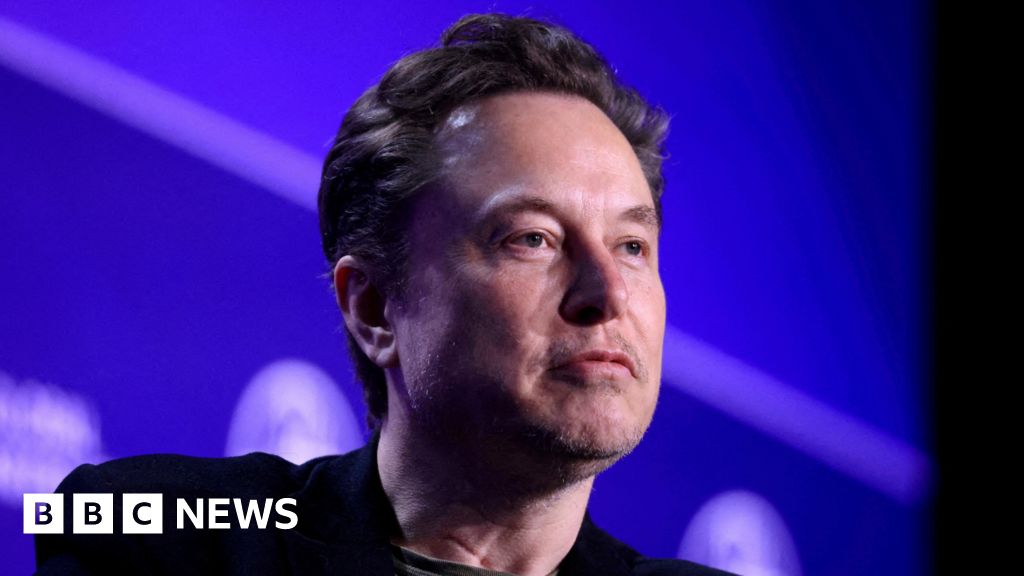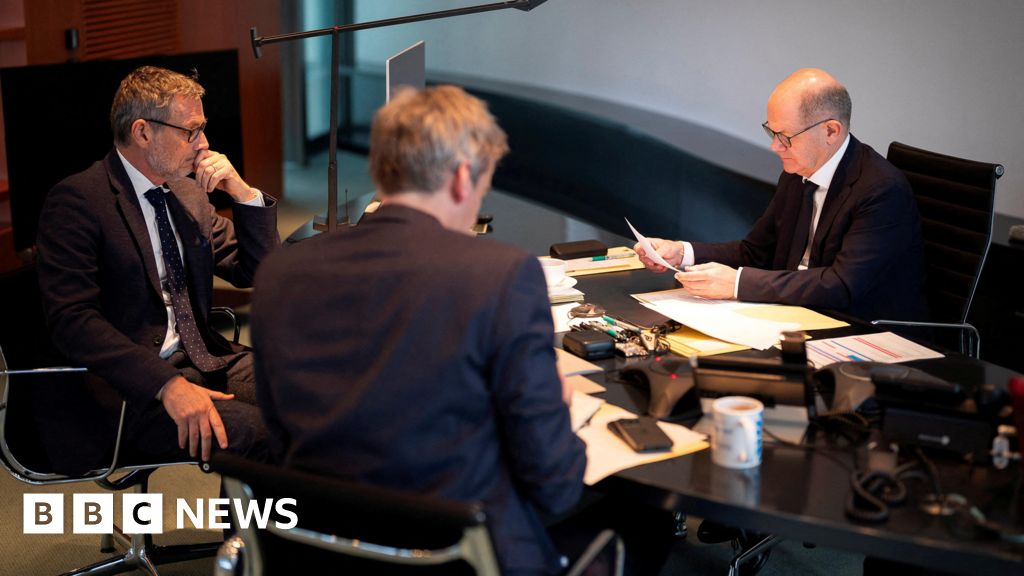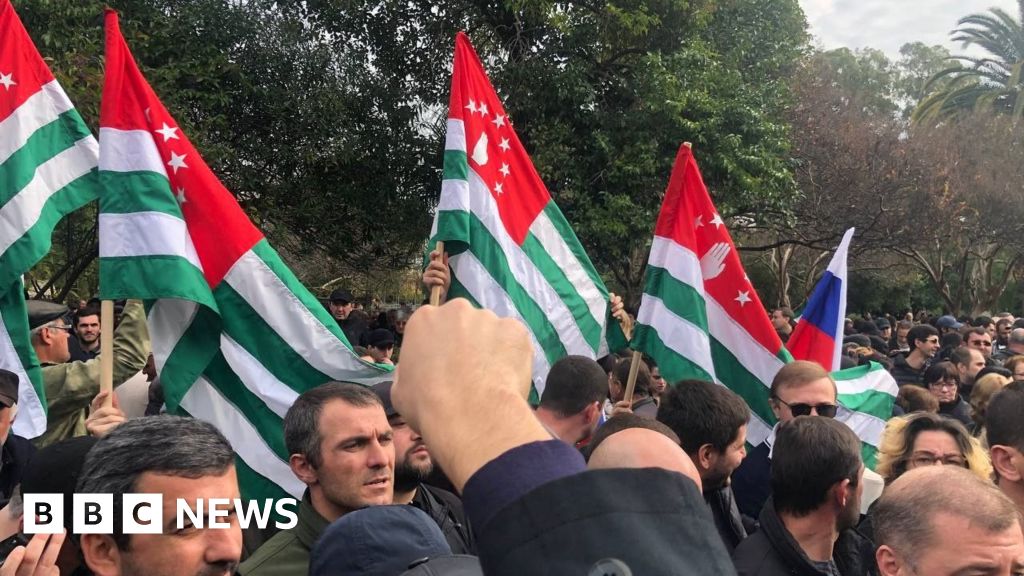ARTICLE AD BOX
Image source, 350 Pacific
Kathy Jetn̄il-Kijiner, a poet and activist, is at COP26 as a climate envoy for the Republic of the Marshall Islands - a sprawling nation of more than 1,200 low-lying atolls and islands in the Pacific Ocean. In the latest in a series of first-person accounts from the Glasgow summit, she describes how it feels to fight for her country's very existence.
It's quite hard to really convey exactly what it looks like on the ground - the magnitude of the work and the exhausting running from meeting to meeting.
We had an 08:00 meeting with the President of Palau - another island country in the western Pacific. But there were very long lines to get inside COP.
I think that must be especially hard for those who might have physical disabilities. It's already quite difficult mentally to get through all of the work we're doing - the sheer magnitude of it.
The Marshall Islands are only 2m above sea level and we are one of the most threatened countries in the world - due to the sea level rise caused by climate change. Unlike other island nations, we have no mountains and there's no higher ground to go to.
But the summit is set up in a way that lets every country have a seat at the table and my nation has been a key player for years now. That's despite the size of our economy, or the physical remoteness of our islands. Since COP21, in Paris in 2015, we've been making a lot of strides.
Within our team in Glasgow, I'm following the loss and damage negotiations (the idea that compensation should be paid to vulnerable states for climate-related events to which they cannot adapt).
GETTY IMAGES
Some discussions are emotionally draining - when you have to negotiate with countries you know aren't taking your survival into account
It's pretty in-depth and involves constant meetings throughout the day to discuss the language in the treaty that was signed after Paris. Our role is to make sure the needs of our nations aren't lost in technical language and aren't being subsumed by other agendas from larger countries. We negotiate every single line - even the smallest words.
As a poet, all this definitely requires a shift in thinking. But poetry teaches us that words have power and meaning - and that's exactly what's happening here. We're looking at documents that have huge implications for the survival of our country and whether we'll get the assistance needed.
There was also a meeting between heads of state and representatives from countries in the High Ambition Coalition, which is trying to make sure this doesn't end as a blah, blah, blah, COP - like climate activist Greta Thunberg has warned.
I think when you know why you're here, what your ultimate goal is and what you're fighting for, it helps you maintain your momentum and balance as you deal with these complicated issues, which are so physically taxing. Some discussions are emotionally draining too - for example, when you have to negotiate with countries that you know aren't taking your survival into account.
That's what it's like being here. It's just trying to stay afloat, keep the momentum going and keep moving forward through the day.
The COP26 global climate summit in Glasgow is seen as crucial if climate change is to be brought under control. Almost 200 countries are being asked for their plans to cut emissions, and it could lead to major changes to our everyday lives.

 3 years ago
150
3 years ago
150








 English (US)
English (US)